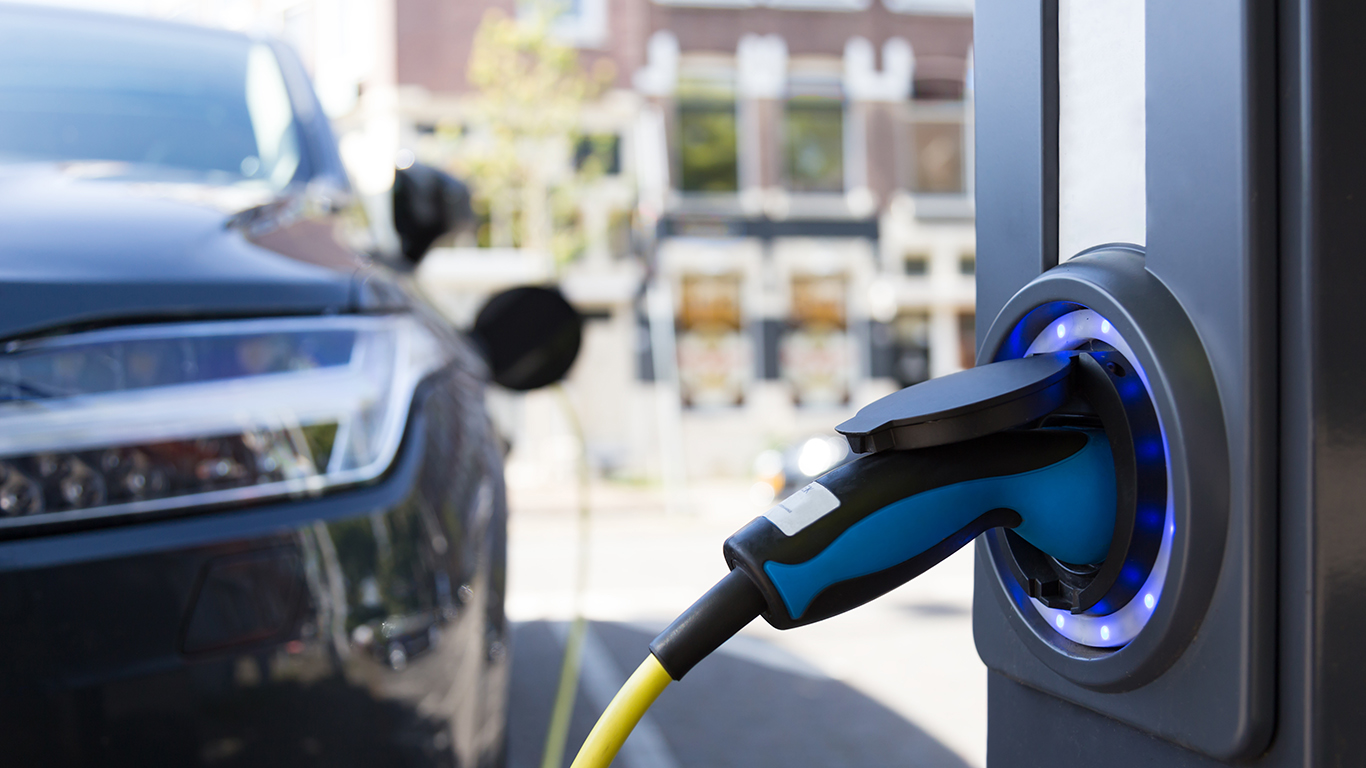All across the country, fuel prices are on the rise. You can assign blame to the war with Russia, gas companies turning crude oil into more profitable jet fuel rather than whatever feeds your pickup, but the real problem is it’s a global commodity: everyone uses it and people are looking for solutions to the constant gas pump sticker shock.
The Columbia-Willamette Clean Cities Coalition (CWCC) has been working since the early ’90s to help Oregonian fleets kick gas and explore alternative fuels—and not just electrification. Members of the CWCC have been using alternatives such as propane for sheriff patrol cars, biofuels for road departments, and natural gas for transit buses to reduce impacts of skyrocketing gas and diesel fuel prices.
This year, CWCC is launching a program called Drive Clean Rural USA, funded by the United States Department of Energy, to help Oregon county fleets transition their vehicles to cleaner, more affordable fuels. As part of Drive Clean Rural USA, CWCC is consulting with rural counties on clean fuel options such as biofuel, propane, hybrid, natural gas, and others to arm county fleets with personalized assessments and provide demo vehicles to test out.
CWCC will help counties adopt these fuels by identifying practical fuel and technology options, crafting a clean fleet transition plan, and pinpointing funding opportunities to help those fleets make the switch today.
Deschutes County and Lane County are already active participants in Drive Clean Rural USA. CWCC Deputy Director, Michael Graham said they are looking for a third county to partner with them before everything really kicks into high gear.
“These counties are setting themselves up not only for a green future, but also a resilient future,” Graham said. According to Graham, alternative fuels tend to have lower total costs of ownership due to lower and more stable fuel costs, plus lower maintenance costs compared to gasoline and diesel vehicles.
“Our goal is to help people find more cost effective and sustainable fuel options for their fleet and also promote their clean fleet successes, like those at Deschutes County Road Department, who has been a leader in Oregon for using renewable diesel for over five years now,” Graham said. “Someone not only needs to share practical technical advice around a fleet’s fuel options, but also share these success stories. That’s where we excel”.
Clean Cities coalitions foster local partnerships to advance affordable, clean, alternative fuels, energy efficient mobility systems, and other fuel-saving technologies and practices.
Contributed by: Nathalie Graham | Columbia-Willamette Clean Cities, Media Lead
*Sponsored content provided by AOC Business Partner.
